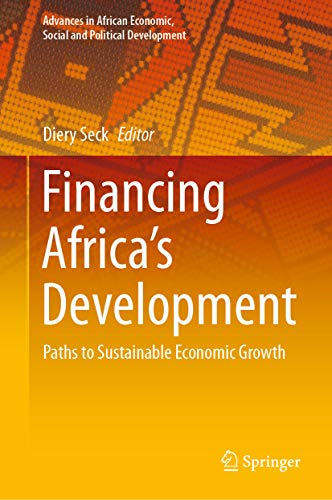IMF says Spain will not return to pre-pandemic levels of activity until 2023
The International Monetary Fund (IMF) has published its conclusions following the review of Spain's economy under Article IV that governs member states. The team led by Andrea Schaechter, head of the mission for Spain, projects an annual loss of real GDP production of 12.8% in 2020, unchanged when compared with what was already estimated at the end of June. "Spain has suffered the deepest blow in advanced economies," Schaechter acknowledged at her press conference. "It will take years...

